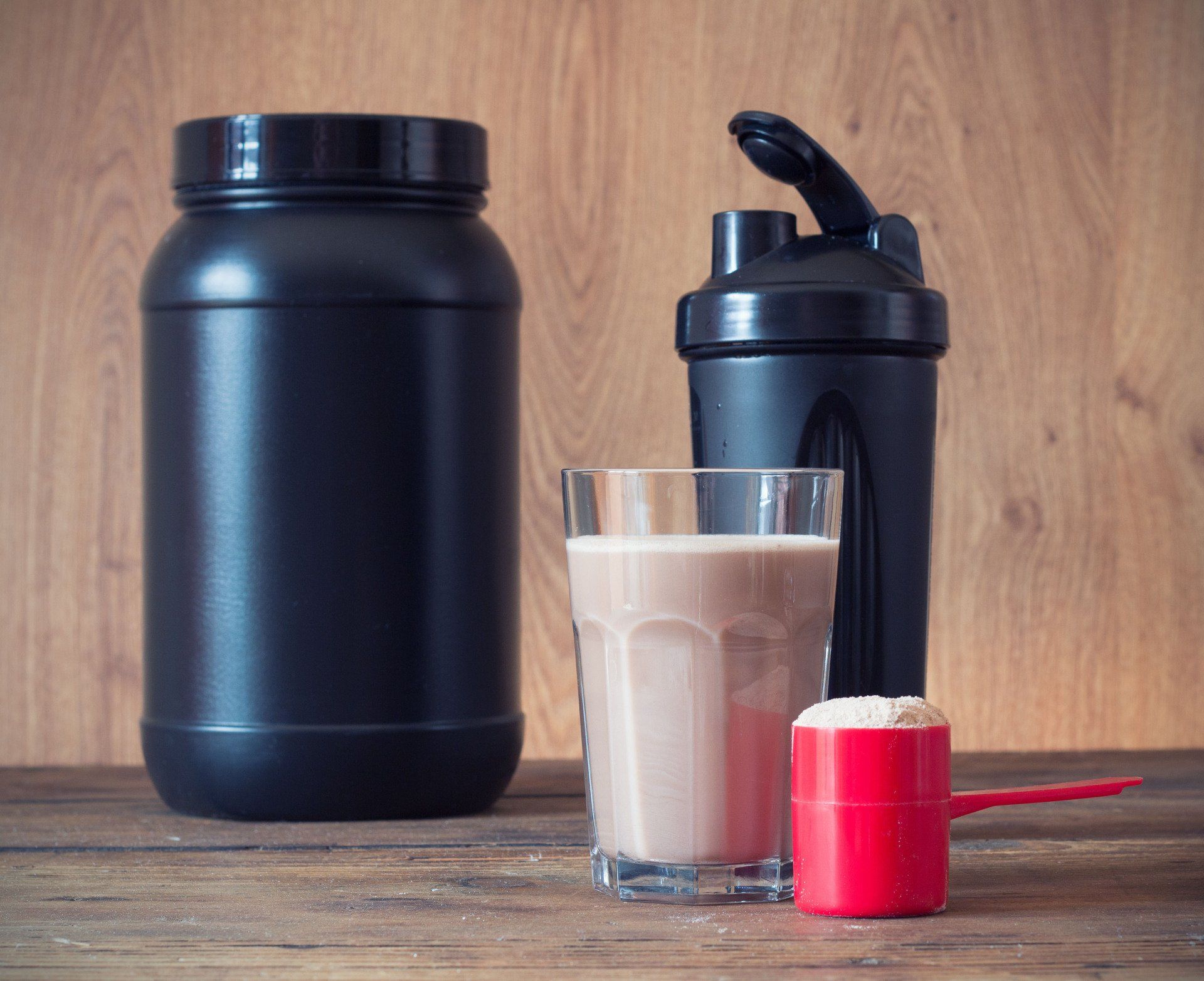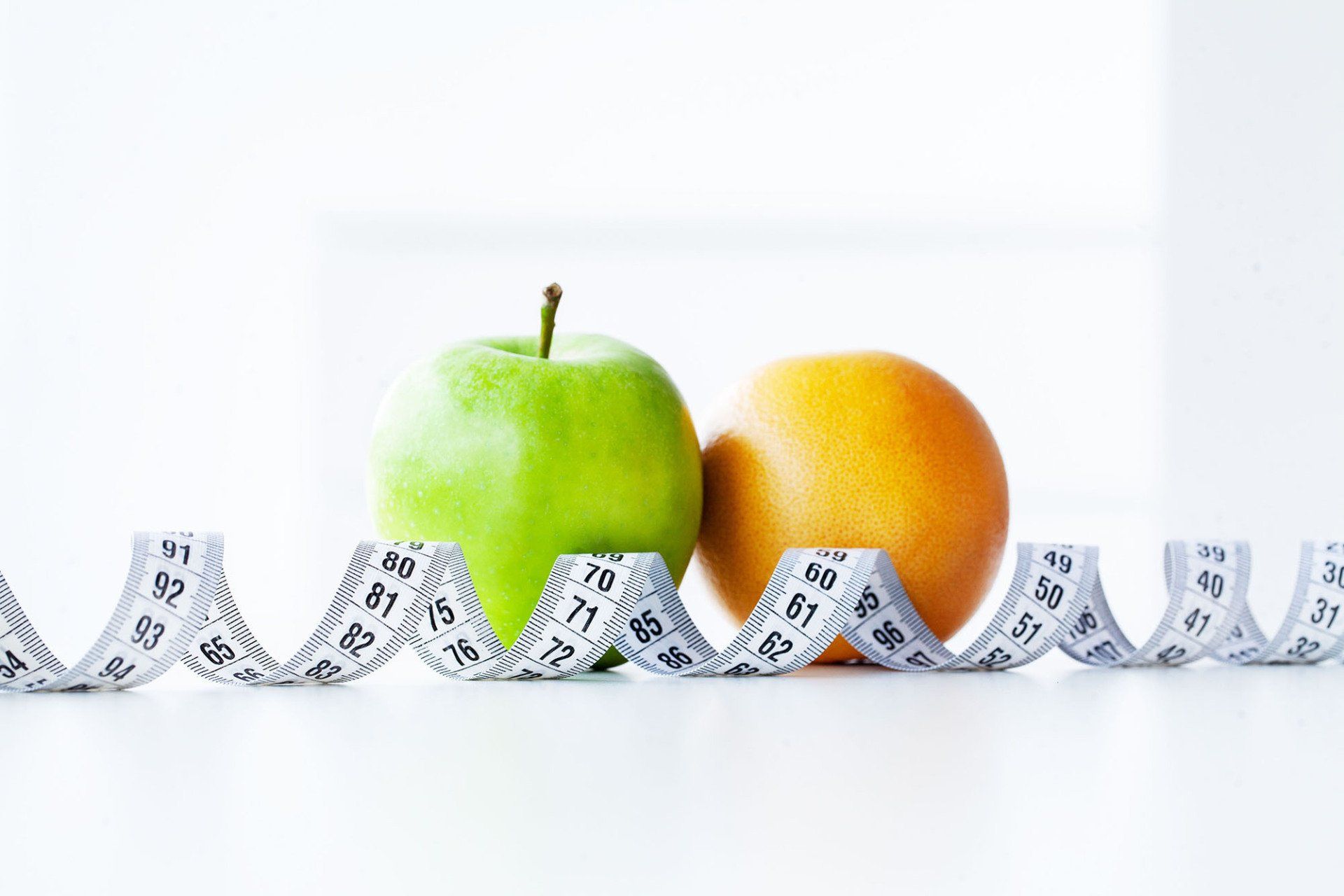Herbs and Spices
Herbs and Spices
When it comes to eating healthier, herbs and spices can affect a key taste factor that drives our food choices. They can also reduce the amount of salt you add and enhance the natural flavor of fish, grains and vegetables. Since more than 30 % of adults in the United States have hypertension, reducing salt is a key factor in lowering blood pressure. Processed and restaurant foods are notorious sources of sodium in our diets. Many individuals are concerned that a salt reduction means less taste, but introducing other healthier herbs and spices (while cutting back on added salt) creates a gradual improvement in our salt cravings and can even reduce the risk of heart disease and stroke and water weight gain.
Herbs are from the leafy part of plants with non woody stems: Parsley, Rosemary, Thyme, Dill, Basil, Mint and Oregano. These herbs can be sold fresh or dried and are usually seen in larger amounts than spices in recipes.
Spices can be whole or ground, commonly sold dry and provide a stronger flavor. They can be from woody or non woody plants:
- Rhizomes-root like stems: Ginger, Turmeric
- Flower buds: Capers, Cloves
- Flower stigmas: Saffron
- Fruits: (berries)-Peppercorns, Allspice
- Seeds: Cardamom, Cumin
- Bark: Cinnamon
- Other seasoning plants and vegetables include: Garlic, Onions, Celery and various Peppers
As a group, herbs and spices contain greater than 2000 different phytochemicals. Among these groups is polyphenols which are anti-inflammatory and in some cases, an anti-cancer potential health benefit. But remember to consider phytochemicals in herbs and spices as a compliment to your dietary intake since polyphenol rich broccoli and blueberries far surpass the spices added to a dish. In one study, an herb/spice seasoning mixed into lean ground beef reduced a potential carcinogen (malondialdehyde) in grilled burgers by 70%.
If you don’t already have a spice and herb kitchen collection, consider the following:
- THYME: Hints of clove, mint and pine. An understated flavor makes it a useful and versatile herb. It makes a great rub for white meats or as an addition to broth, chicken soup, stew, beans and lentils.
- OREGANO: Aromatic, peppery, with a pungent lemon note. While it is used in Mexican and Mediterranean cooking, it is considered an Italian herb by most. Often it is seen in Greek salad dressing or olive oil and lemon marinades. It also perks up tomatoes and sauces.
- DILL: A feathery herb with hits of lemon and anise. Freeze dried dill has a stronger flavor than the dried one. It’s great on carrot salad, beets or cauliflower. Use it to season fish, white bean salads, lentils, chicken soup or mushroom-barley dishes.
- CUMIN: A little goes a long way. It is rich and earthy. Cumin is used mostly in Latin and North African cuisines. Use it in bean soups and dishes, hummus dips, chicken, fish or lean pork rubs.
- CINNAMON: Naturally sweet and allows you to reduce the sugar amount in some dishes. As a savory addition, it’s used in chutneys, spicy stew, on sweet potatoes or squash, oatmeal or apple desserts.
- ADDITIONAL BASIC SEASONINGS:
- Basil, Bay leaves Black Pepper, Chili Powder, Curry Powder, Garlic Powder, Ginger, Rosemary, or Red Chili Pepper depending on your preferences.
Herbs and spices can lose flavor when they age. Replace them if they have little aroma when rubbed between your fingers or if the flavor is lacking. You can prolong shelf life by storing herbs and spices away from light and heat and using tightly closed jars. Herbs like Thyme last 1-3 years. Ground spices (red Pepper) 2-3 years, whole spices like Cinnamon sticks are good for 3-4 years and seasoning blends last approximately 1-2 years. Fruity extracts last 4 years except vanilla extract which lasts in your dark cabinet indefinitely.
Fresh herbs last about a week and can be stored in an open plastic bag after being wrapped in a paper towel. Herbs with stems can be put in water (like flowers), but cover them lightly with a plastic bag and change the water every 2 days. A woody stem herb works best for drying while herbs with a soft stem (parsley and basil) are best kept by freezing them. Mint can be dried or frozen and still retain its flavor.
Become a little adventurous with your flavoring and cooking, but start with small introductions so you pinpoint your likes and dislikes easily. When replacing salty habits, your taste buds will adapt over time to these newer, healthier flavors. In some studies, when individuals seasoned vegetables they ate more of them and reduced carbohydrate intake significantly.
Look for numerous recipes and further directions on herb and spice preparation on line, or discuss this topic with your doctor or nutritionist. A Large part of healthy eating and weight loss is making correct food choices, but flavor and enjoyment need never be sacrificed.
Enjoy your food, don’t feel intimidated by it. Think of smart shopping, enjoyable preparation, and slow, delicious, seasoned meals. This mindful way of thinking and the practice of properly eating, will foster weight loss efforts and better health naturally.











Share On: